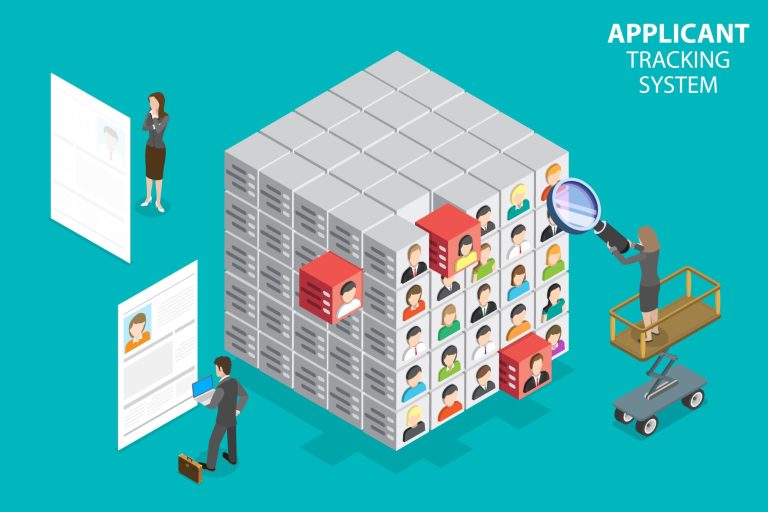Far from falling out of favour as an attractive career choice amid concerns that ‘AI is taking over human jobs’, Human Resources Management is in fact on the cusp of an exciting future as a result of technological changes.
The field of HR is not going to go away, instead, it is going to become a lot more exciting for those considering pursuing this career path.
Locally and globally, companies will continue to require excellent HR professionals who, in addition to enjoying working with people, will need to have strategic insight and the ability to interpret and apply the information and data new technologies provide.
And the good news is that HR remains a very accessible career, which allows you to get a foot in the door with an entry-level qualification, with great scope for personal and professional development, provided you commit to lifelong growth and learning, and keep up with industry developments.
While traditionally HR was somewhat lagging behind other industries in the use of technology, the field is fast catching up.
So going into the future, the admin and data parts will mostly be automated, which will enable the HR team to use this information to make a greater contribution where human judgment is required. For instance, recruiting staff has always been a highly personalised process, but some of the world’s most forward-thinking organisations are now automating the early stages of recruitment.
To make the process of interviewing a large number of candidates more efficient, tools such as video interviews, chatbots and facial expression analysis are being used. This saves time in terms of identifying suitable candidates before the later stages of recruitment, but organisations will still require professionals to apply human insight and expertise to interpret and act on information.
Similarly, data related to timekeeping and attendance is now recorded digitally, with remote or mobile employees being tracked via geolocation and geofencing, and HR staff are required to respond to the resultant logs.
Organisations are increasingly moving to cloud-based computer software for their HR functions, with software involving human resource management, talent management, financial services and payroll providing benefits to the companies adopting them.
With everything stored online, management teams can increasingly collaborate more effectively, while functions such as evaluation and data analysis are also more efficient. One of the most exciting developments for HR is gamification – a concept which brings aspects of game playing into the workplace.
In future, HR managers will be able to use gamification to better engage with staff, make their jobs more enjoyable, and create a vibrant company culture.
At the same time, HR staff will be relieved of the burden of time-consuming tasks such as responding to frequently asked employee questions or sorting through leave applications. The increase in the use of digital employee helpdesks which can provide automatic answers to queries, as well as online leave application systems, will allow HR staff to focus on more productive and stimulating work.
Technology is transforming HR into a field that requires less admin and more strategy.
Work is becoming less labour-intensive and more innovative. The coming years and decades will see HR departments becoming exciting places to work, and prospective HR practitioners can rest assured that their services will remain valuable long into the future.
Ruth Jephthah is the HR Officer at Oxbridge Academy.
























